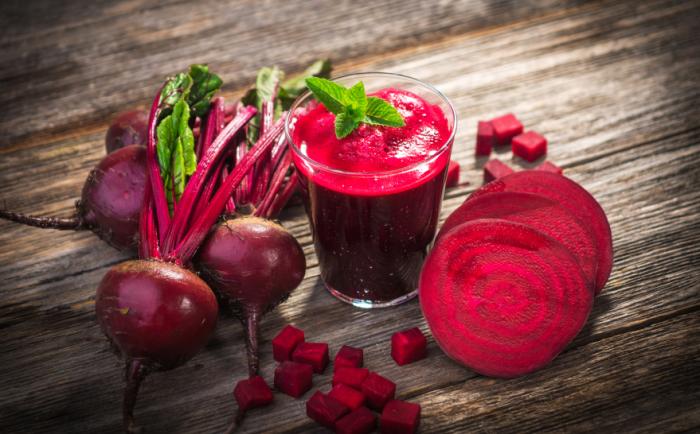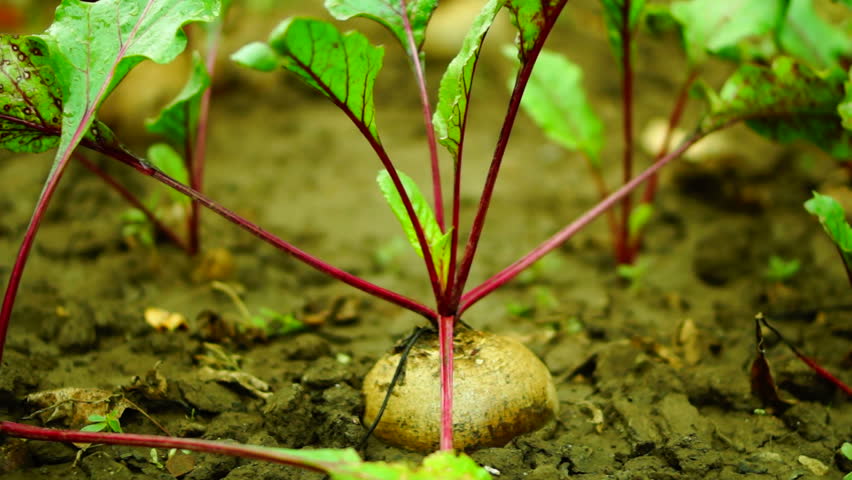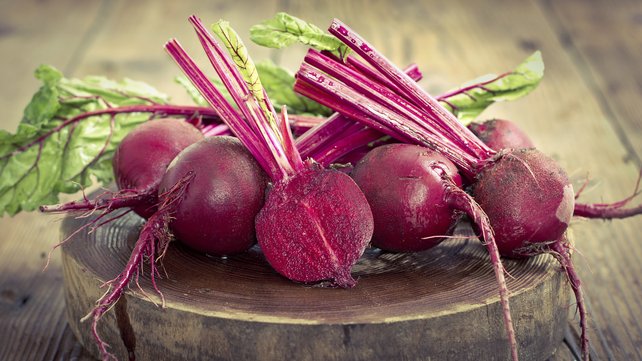The health benefits of ... Beetroot
- healthylivingplant
- Mar 17, 2016
- 3 min read
Whether you roast it whole, blend into a classic soup or drink as juice like the Olympians do - beetroot is low in fat, full of vitamins and minerals and packed with powerful antioxidants - a health-food titan.

Nutritional highlights
Beetroot is of exceptional nutritional value; especially the greens, which are rich in calcium, iron and vitamins A and C. Beetroots are an excellent source of folic acid and a very good source of fibre, manganese and potassium. The greens should not be overlooked; they can be cooked up and enjoyed in the same way as spinach.
A 100g serving of raw beets provides:
43 calories 2g protein 0g fat 10 carbohydrate3g fibre
A history of health
Beetroots have long been used for medicinal purposes, primarily for disorders of the liver as they help to stimulate the liver's detoxification processes. The plant pigment that gives beetroot its rich, purple-crimson colour is betacyanin; a powerful agent, thought to suppress the development of some types of cancer.
Beetroot is rich in fibre, exerting favourable effects on bowel function, which may assist in preventing constipation and help to lower cholesterol levels too.
Research
Beetroot fibre has been shown to increase the level of antioxidant enzymes in the body, (specifically one called glutathione peroxidase), as well as increase the number of white blood cells, which are responsible for detecting and eliminating abnormal cells. Beets are also one of the richest sources of glutamine, an amino acid, essential to the health and maintenance of the intestinal tract.
Other studies have looked at the effect of beetroot juice on blood pressure. A reduction in blood pressure is beneficial for the avoidance of heart disease and stroke. Studies state that nitrate rich foods like beetroot may help in heart attack survival.
Beetroot juice has gained popularity since Paralympic gold medalist David Weir announced that a shot of the juice was his secret to success.
How to select and store
Good quality, fresh beetroots should have their greens intact. The greens should be fresh-looking with no signs of spoilage. The beetroot should be firm, smooth, and a vibrant red-purple, not soft, wrinkled or dull in colour. Fresh beets with the greens attached can be stored for three to four days in the fridge, but beets with the greens removed can be stored in the fridge for two to four weeks.
Raw beets do not freeze well since they tend to become soft on thawing. Freezing cooked beetroot is fine as it retains its flavour and texture.
Tip:
Slightly limp greens can be restored to freshness if stored in the refrigerator in water. However, if it's too late, you can simply cut them off.
Wash beets gently under cool running water, taking care not to tear the skin. It is this tough outer layer that helps keep most of the beetroot's pigments inside the vegetable.
The leaves can be steamed lightly to retain their nutritional quality. When boiling beetroot, leave the beets with their root ends and one inch of stem attached and don't peel them until after cooking since beet juice can stain your skin.
Tip:
If your hands become stained during preparation and cooking beetroot, rub some lemon juice over them to help remove the colour.
Though available year round, beets are sweetest and most tender during their peak season, from June to October. Beets are enjoying a resurgence in popularity among modern chefs. While heirloom varieties like white and golden yellow beets make for pretty dishes, only red beets have the cancer-fighting compound betacyanin.
Safety
For some people, eating beetroot may induce beeturia; a red or pink colour in the urine or stool. It is totally harmless! Beet greens and, to a lesser extent, the roots contain high levels of oxolate.
Individuals with a history of oxalate-containing kidney stones should avoid over-consuming beetroot.



















































Comments